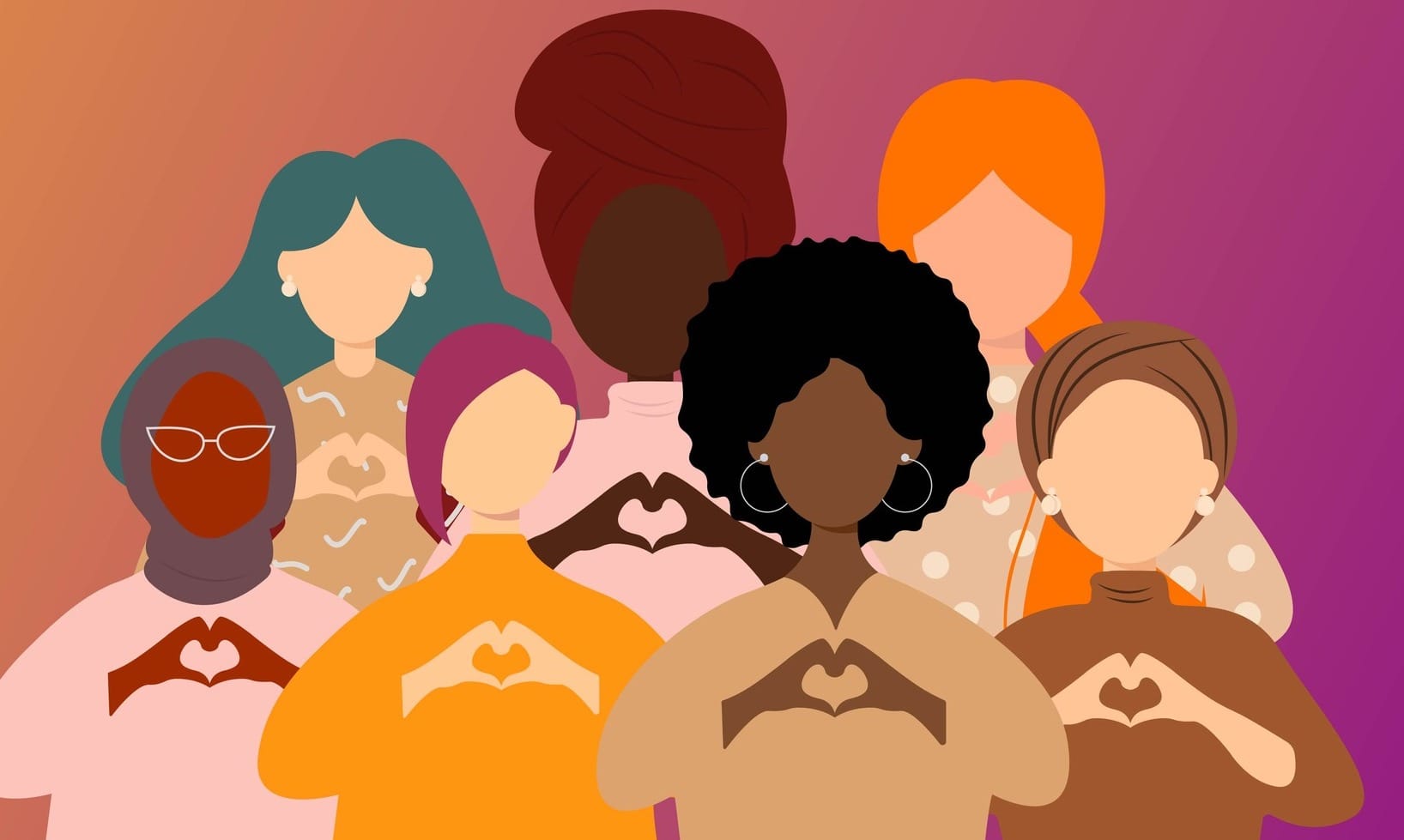
This article was co-authored by Dr Pearl Subban, Senior Lecturer in the Faculty of Education, and Fiona Marshall, Director of Equity, Diversity and Inclusion at Monash University.
Associate Professor Rashina Hoda
Rashina is driven by a need to add richness and to excel in the work she’s been entrusted with.
She advises women of colour to establish visibility, as intimidating as this process may be, citing her own success as a TED talker as a powerful platform to strengthen her footing.
Such opportunities allowed her to articulate what she stood for, offering an agile lens to challenge stereotypes. More importantly, Rashina sees her role as a channel to support others.
Once you think you can, she notes, reach out and help someone else who’s striving to find their footing. She jokingly refers to her intersections as “multi-factor authentication”, conceding that women of colour don’t always enjoy acceptance and trust by default.
There’s a need for multiple “authentications”, and this may be exhausting and de-energising. But Rashina urges self-acceptance and discernment, which assists in identifying serendipitous moments along the journey.
There will always be allies and advocates, she says – find those people and allow their voices to silence the other voices, including those in your own head.
Rashina feels blessed and fortunate to have had many positive mentors who invested in her career trajectory and her wellbeing.
Advocacy is in her pedigree, she says, with her grandmother being a campaigner for the equitable treatment of girls and women, and served as a powerful role model.
Dr Akane Kanai
Akane explores the changing practices of race and gender within contemporary media. She draws strength from an innate need to understand and make meaningful connections with those around her. She further notes the joy of being mentored by senior staff, and of becoming involved in important work that raises awareness and empowers.
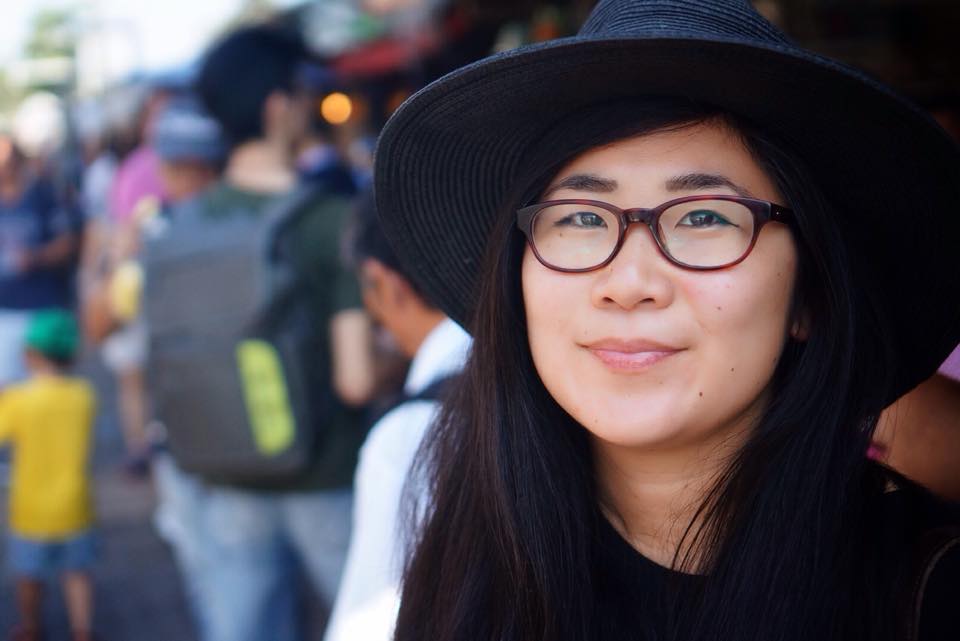
Akane is grateful to those in her circles who have offered her visibility by acknowledging her ideas and respecting her views. These individuals have profoundly impacted her ability to find her voice and secure her space. She notes that at Monash, she’s surrounded by wonderful colleagues, and is appreciative of the University’s broader social vision.
A personal point of celebration was an invitation from a renowned platform in her space to write about new directions and influence. This, she says, repositioned her, and offered situated authority. Akane added that juggling motherhood with academia is no mean feat, but she’s learning every day.
Dr Amandeep Kaur
Amandeep is excited by her ability to contribute to a field she loves. Finding her voice and asserting herself as an individual, while carefully negotiating the complexities of patriarchy and tradition, has been a challenge.
She’s grateful for the number of colleagues who contribute productively to her network, who have acted as mentors both formally and incidentally.
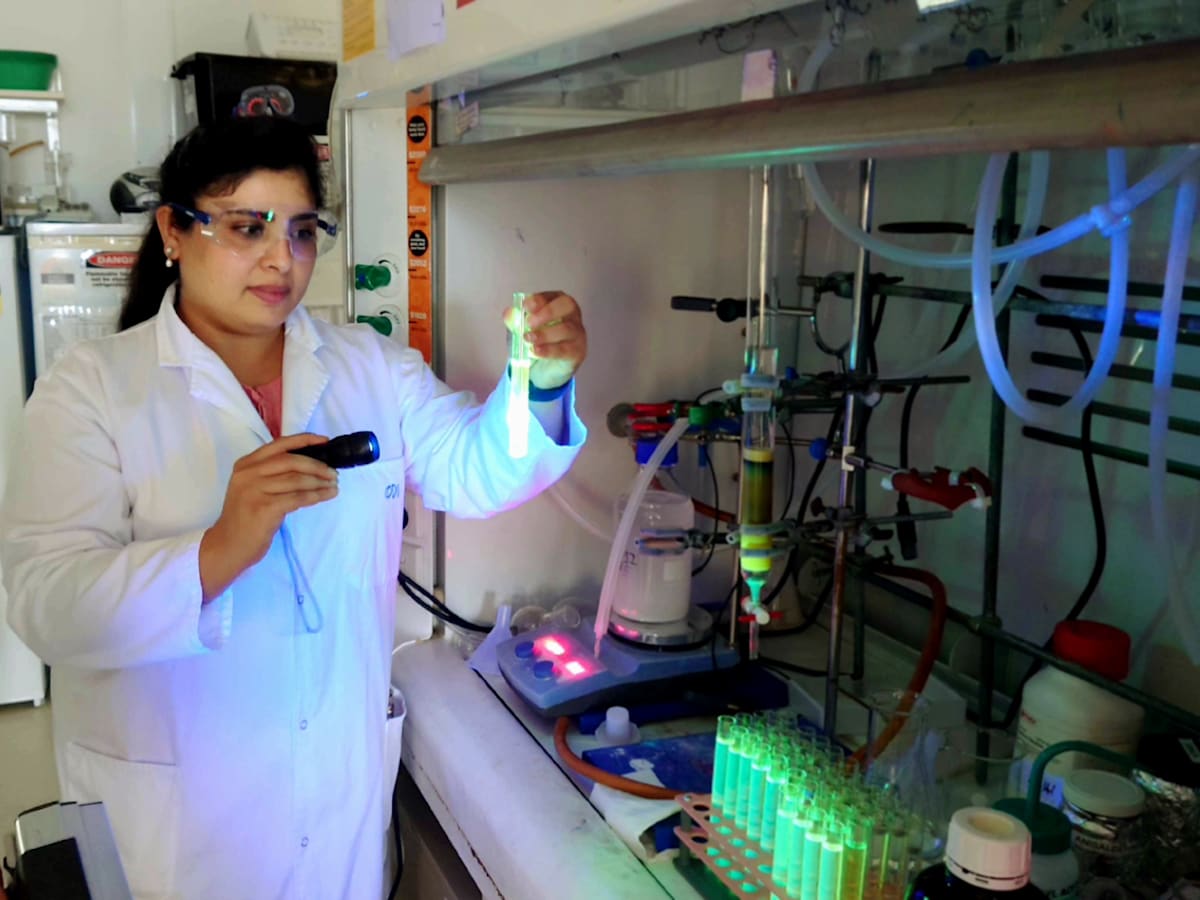
As an academic of colour, she notes that microaggressions can be vexing, but is appreciative of the help within her faculty to eradicate these.
As the head of MOSAIC, Amandeep assists people with diverse profiles to be kind to themselves, and equips them with strategies to tackle discrimination.
She’s inspired by women trailblazers such as Marie Curie, who not just survived in a man’s world, but excelled. Amandeep has been fortunate to be supported by a mentor, who continues to offer valuable advice, long after the completion of her PhD.
Professor Jane Tong
Located at Monash’s Malaysia campus, Jane acknowledges the complexity of her shifting identity on account of geographic movement.
She grew up in Hong Kong, and has since called many locations home. This movement often positioned her as a foreigner, but she’s grateful for the numerous opportunities she’s enjoyed in academia.
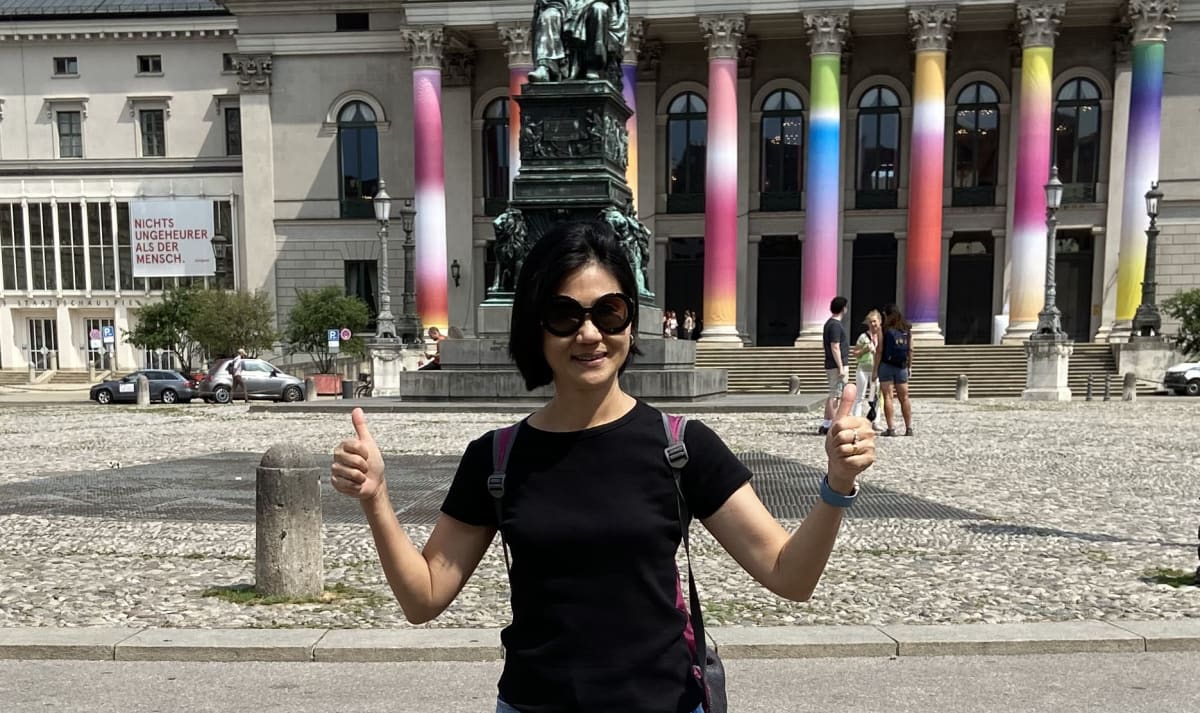
Jane has received numerous awards for her work in diversity and equity, and is appreciative her personal core values align so strongly with broader Monash values.
As a female academic, Jane admits that hearing and following the inner voice is a challenge, but urges younger academics to remain open to that voice.
She invites those aspiring to academia to be open to opportunities, and to position themselves strategically so they’re well-oriented to progress. Finding your niche and identifying your strengths is fundamental within academia, Jane says.
Her favourite analogy is that academia is not a sprint, it’s a marathon. The marathon is marked by stages – celebrate the wins along the path, and keep going.
Dr Denise Chapman
Denise draws strength and inspiration from her role as a critical auto-ethnographer, which interrogates the “self” in relation to context and connection. She notes that understanding the dynamics of where one is, is fundamental.
Denise seeks those moments of joy in everyday experiences, and salutes those who hear – who really hear.
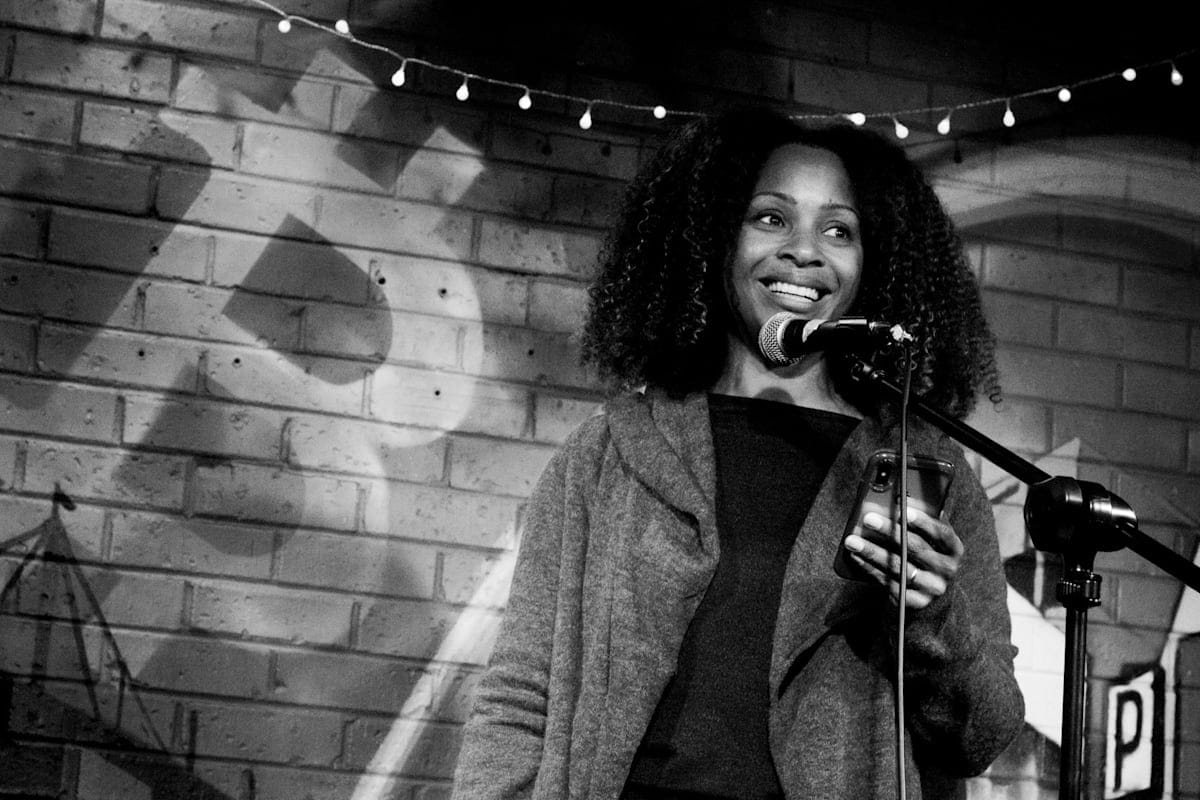
Using poetry in her critical auto-ethnography work has offered a platform to creatively shine a light on injustices in the community, and push for change.
As a recipient of the Mem Fox Fellowship, Denise advocates for the importance of critical media literacy and representation in children’s media.
While there have been challenges, Denise has found an outlet in non-traditional research outputs, and is grateful that her work in creative writing is both acknowledged and celebrated in the field. Denise advises other academics with similar intersections to do what brings them joy, and the passion from that will be tangible.
Dr Faezeh Marzbanrad
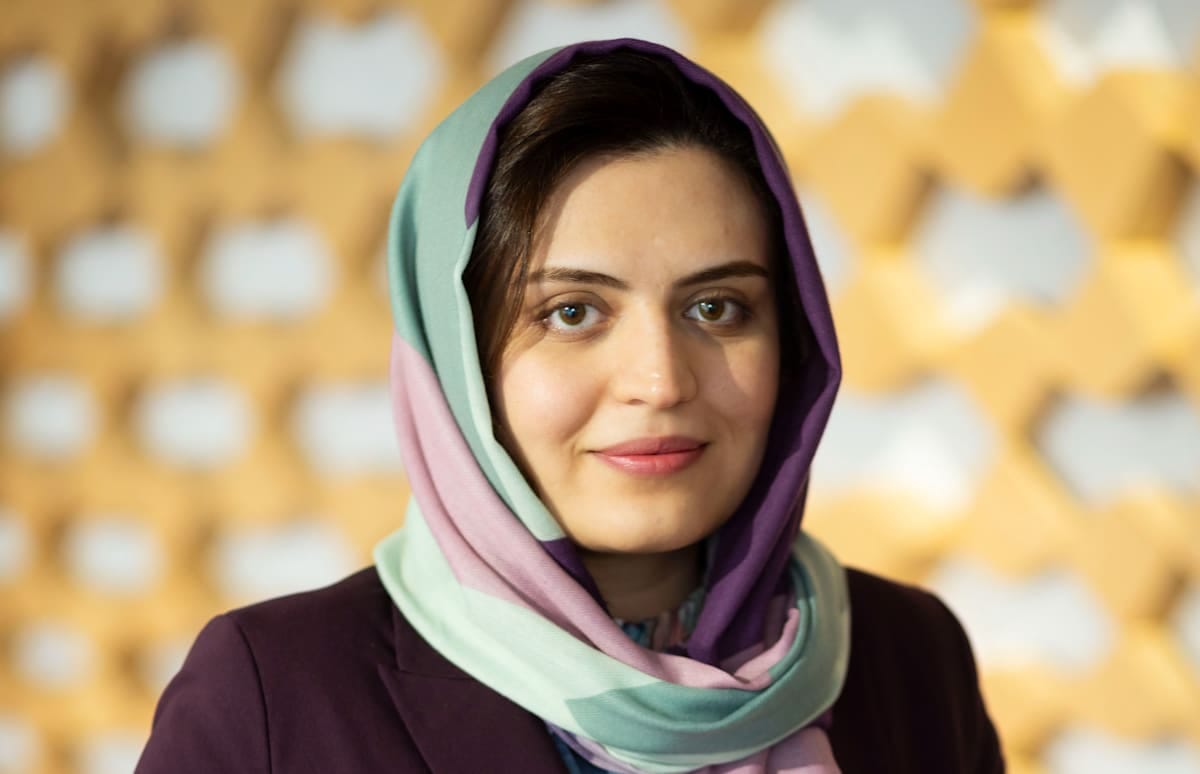
Fae is moved by her ability to contribute to systems and spaces by developing medical technology to assist those impacted by war and other catastrophic events.
She’s excited to see the process of translating an idea to a trial, and hopes to one day see one of her ideas transform into reality.
While she, too, initially faced microaggressions, she’s grateful to be working in a space where unconscious bias has been significantly mitigated.
Fae would like to see more opportunities being made available to newcomers in the field, acknowledging that knowing and understanding others is fundamental to acceptance.
Holding both formal and informal networking gatherings are valuable to those who are trying to become visible and establish their positions.
She notes that differences between people usually emerge first, but once that barrier is removed, it’s easier to spot the commonalities. Crafting open, visible profiles of researchers and other academics will trigger connections and improve networking.
Fae has benefited greatly from mentoring opportunities, and has utilised openings offered to her to remain motivated.
Professor Maude Phipps
Maude’s career is expansive, but she’s recently been gratified by her work in equity, diversity and inclusion.
Her intersected identity has generated a more intuitive understanding of the needs of others, especially women, who attempt daily to break stereotypes.
Maude has been gladdened to see change over time, observing that women now have greater opportunities and occupy positions of greater empowerment.
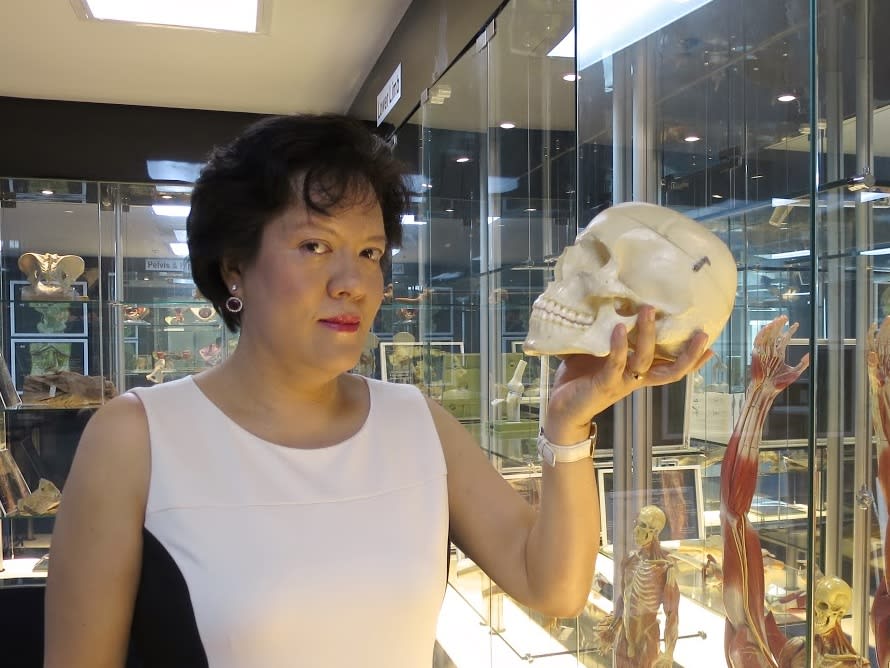
She’s pleased to be leading the “Med Hatters” (with some apologies to Lewis Carrol), a group that focuses on breaking systemic barriers. Maude credits Monash for educating the public about breaking racial and gender stereotypes, but notes there’s still work to be done across the globe.
She mentions that her mixed ancestry has helped her build resilience, and she’s been fortunate to have enjoyed the mentorship offered by her parents, teachers, professors and colleagues.
She encourages women in the field to maintain a sense of focus and enthusiasm. Creating safe spaces for open dialogue and positivity is fundamental to her mission.





